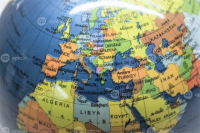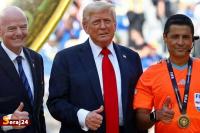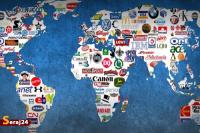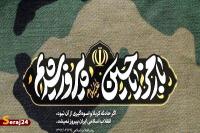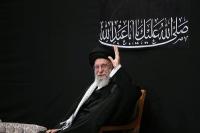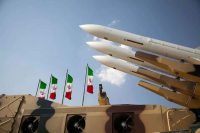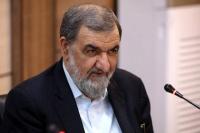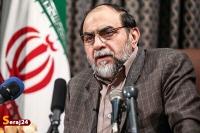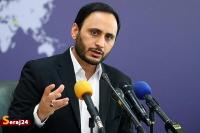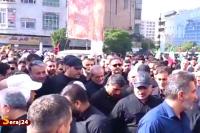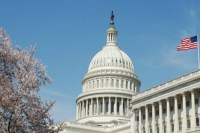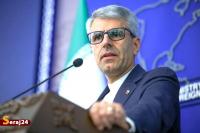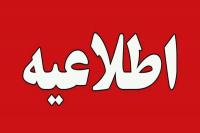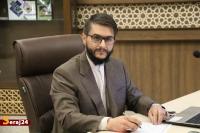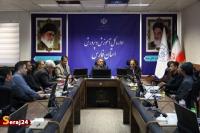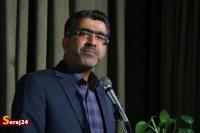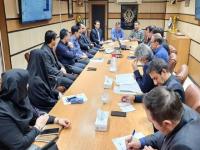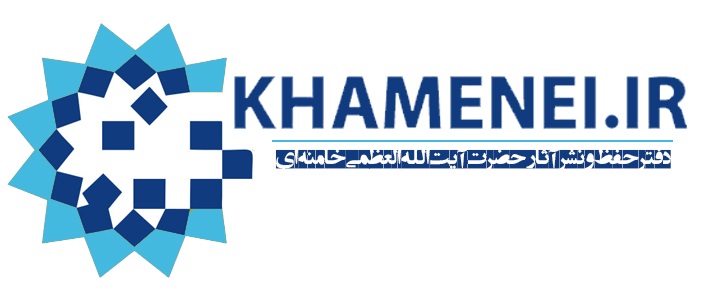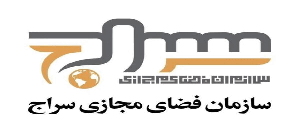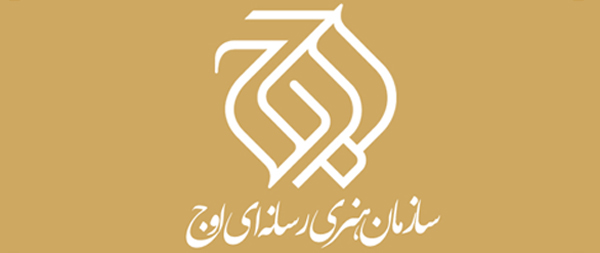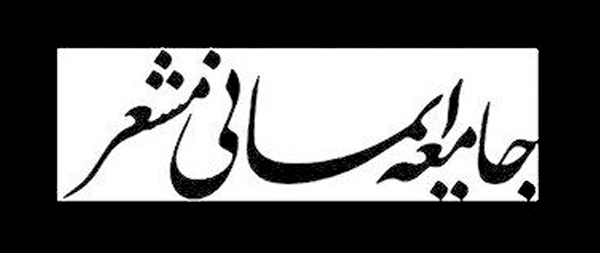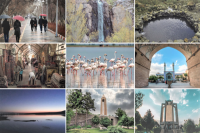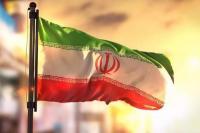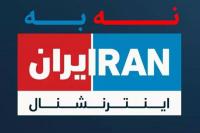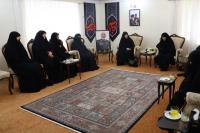
No talks could be successful, unless it was held in a constructive and positive atmosphere which would lead to cooperation, Khazayee said in a letter sent to the rotating chairman of the United Nations Security Council (UNSC) on Wednesday.
He also criticized taking unreasonable actions against Iran, stressing that imposing further threats or sanctions on the country would inactivate diplomatic efforts.
The Islamic Republic of Iran, he said, has always been serious during talks with the sextet including the US, UK, France, China and Russia plus Germany and expected the other side to be serious and realistic too.
Khazayee further stressed Iran's legitimate right to have nuclear fuel cycle, underlining Tehran's readiness to hold negotiations based on mutual respect and understanding.
Commenting on some hostile remarks and unfounded claims made Wednesday by certain members of the UNSC about Iran's peaceful nuclear program, he reiterated Tehran's committment to the Non-Proliferation Treaty (NPT) as well as the country's determination to continue its cooperation with the International Atomic Energy Agency (IAEA) on the basis of safeguards agreements.
Recognition of Iran's legitimate right to enrich uranium and have nuclear fuel cycle based on the NPT is an evident and transparent issue, noted the envoy.
He stressed Iranian officials have repeatedly announced that pursuing a double standard approach - putting pressure on Iran on one hand and voicing readiness to hold talks on the other - was meaningless and would derail diplomatic efforts.
The United States and Iran broke diplomatic relations in April 1980, after Iranian students seized the United States' espionage center at its embassy in Tehran. The two countries have had tense relations ever since, but have shown willingness to attend talks to help resolve regional issues, including security in Iraq. Yet, the two countries have avoided talks on bilateral issues for the last thirty years.
Washington and its Western allies accuse Iran of trying to develop nuclear weapons under the cover of a civilian nuclear program, while they have never presented any corroborative evidence to substantiate their allegations. Iran denies the charges and insists that its nuclear program is for peaceful purposes only.
Tehran stresses that the country has always pursued a civilian path to provide power to the growing number of Iranian population, whose fossil fuel would eventually run dry.
Despite the rules enshrined in the NPT entitling every member state, including Iran, to the right of uranium enrichment, Tehran is now under four rounds of UN Security Council sanctions and the western embargos for turning down West's calls to give up its right of uranium enrichment.
Tehran has dismissed West's demands as politically tainted and illogical, stressing that sanctions and pressures merely consolidate Iranians' national resolve to continue the path.
Tehran has repeatedly said that it considers its nuclear case closed as it has come clean of the IAEA's questions and suspicions about its past nuclear activities.



